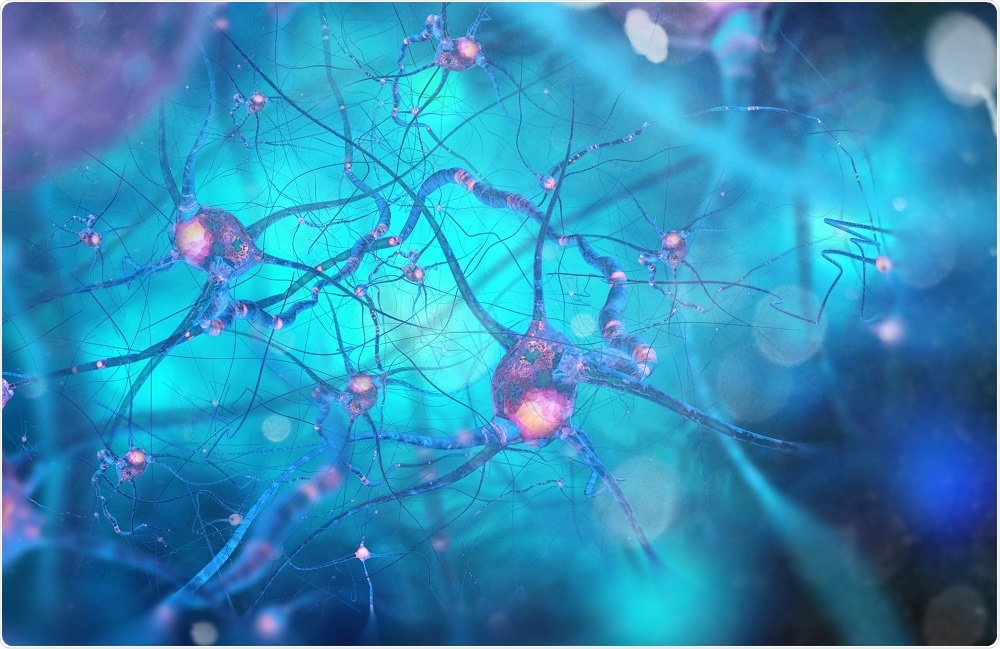Researchers have developed a new framework that can be applied in the study of Alzheimer’s disease to help establish a biologically-based definition of the disease.
 Credit: Andrii Vodolazhsky/Shutterstock.com
Credit: Andrii Vodolazhsky/Shutterstock.com
Developed by The National Institute on Aging (NIA) and the Alzheimer's Association (AA), the "NIA-AA Research Framework: Towards a Biological Definition of Alzheimer's Disease," appears in the April 10, 2018 edition of Alzheimer's & Dementia: The Journal of the Alzheimer's Association.
The framework is based on measurable changes in the brain and is expected to improve understanding of the disease processes and events that contribute to cognitive impairment and dementia.
It is hoped that using the construct to study the earliest biological underpinnings of the disease through to the clinical symptoms that eventually arise will enable a faster, more accurate approach to drug testing and interventions.
The authors say the new framework can be applied in clinical trials, as well as in observational and natural history research. They intend for it to unify how studies measure the different stages of Alzheimer’s so that they can be easily compared and presented more clearly to the medical community and public.
The more accurately we can characterize the specific disease process pathologically defined as Alzheimer's disease, the better our chances of intervening at any point in this continuum, from preventing Alzheimer's to delaying progression."
Richard J. Hodes, NIA Director
The framework is based on biomarkers for the different pathologic processes in Alzheimer's that can be measured in living people using imaging technology and analysis of cerebral spinal fluid. Measures of severity and a grading system for cognitive impairment are also incorporated.
By shifting the discussion to neuropathologic changes detected in biomarkers to define Alzheimer's, as we look at symptoms and the range of influences on development of Alzheimer's, I think we have a better shot at finding therapies, and sooner."
Eliezer Masliah, Director of the Division of Neuroscience, NIA
The authors acknowledge that the new framework may seem complex, but stress that its flexibility, means it can be applied to answer many important questions.
They also emphasise that the construct cannot serve as either diagnostic criteria or guidelines for clinicians, but is intended for research purposes and would require further testing before it could be considered for use in general clinical practice.
Source:
https://www.eurekalert.org/pub_releases/2018-04/nioa-nbr040618.php